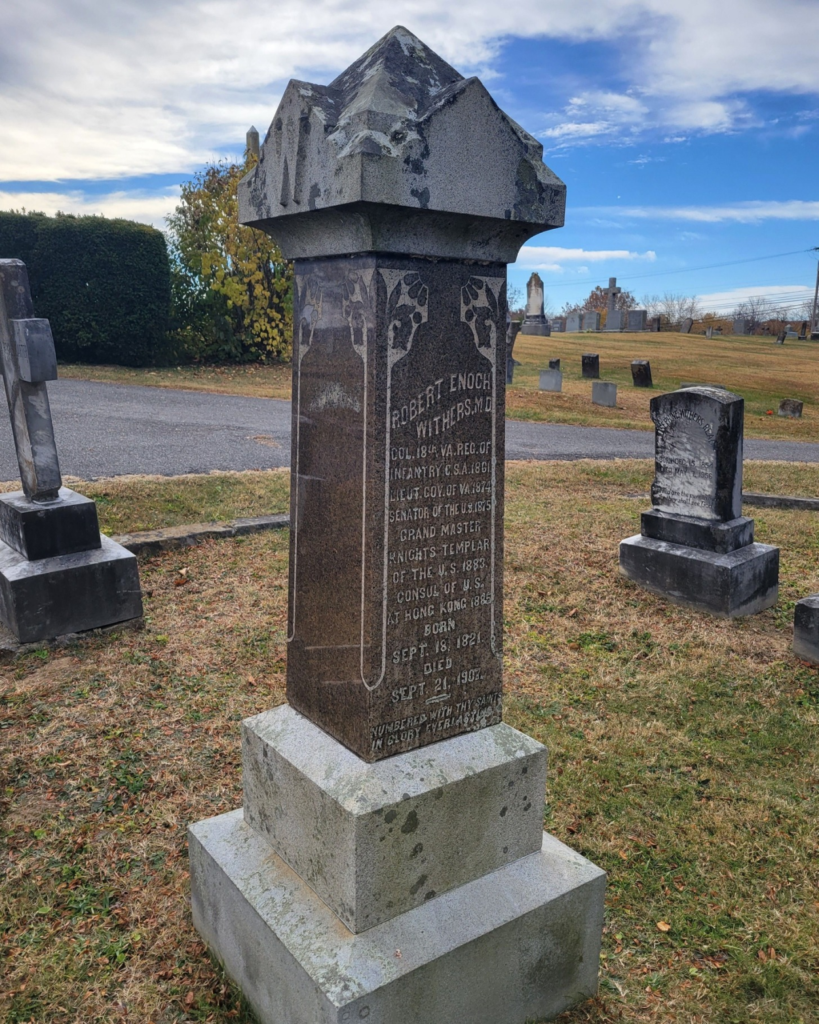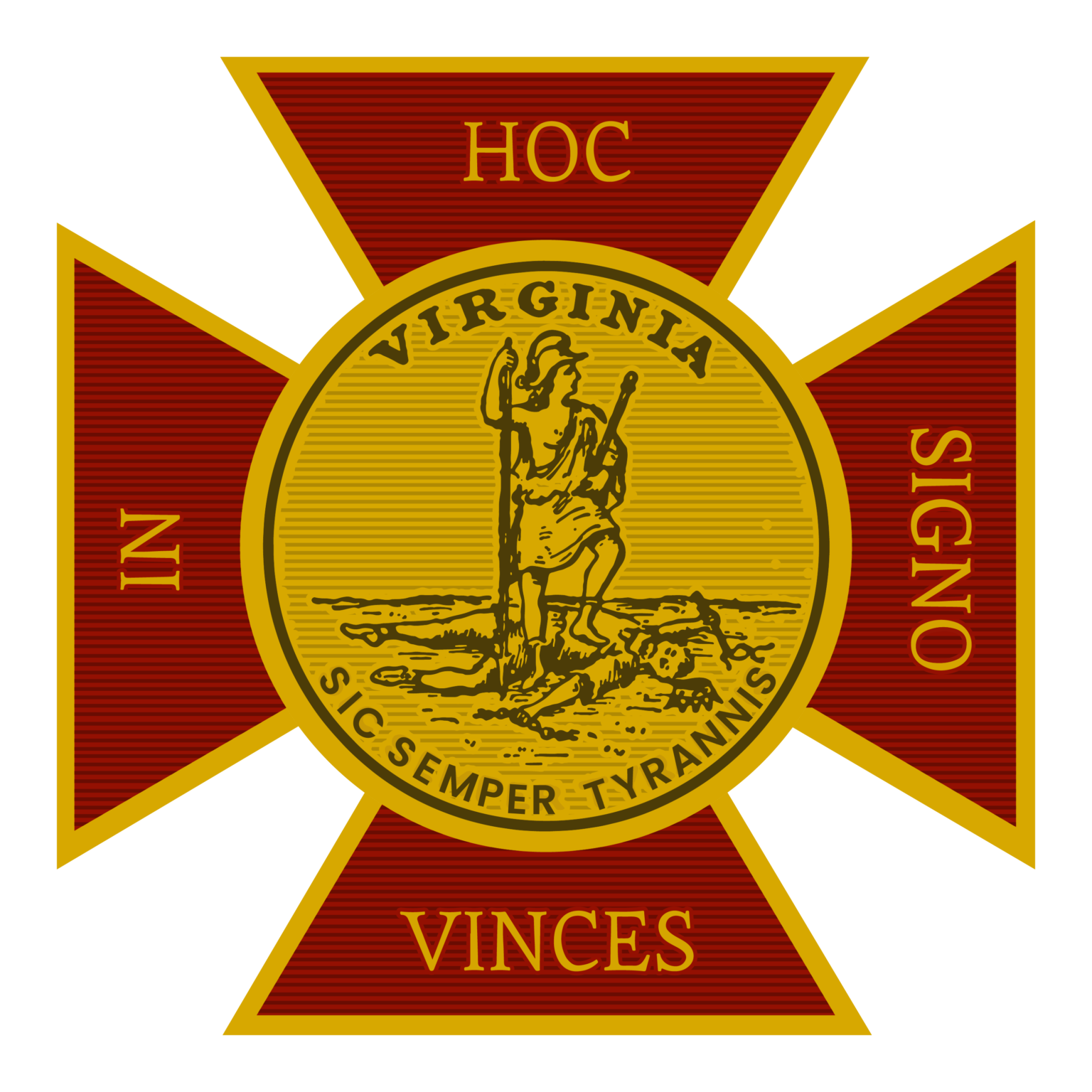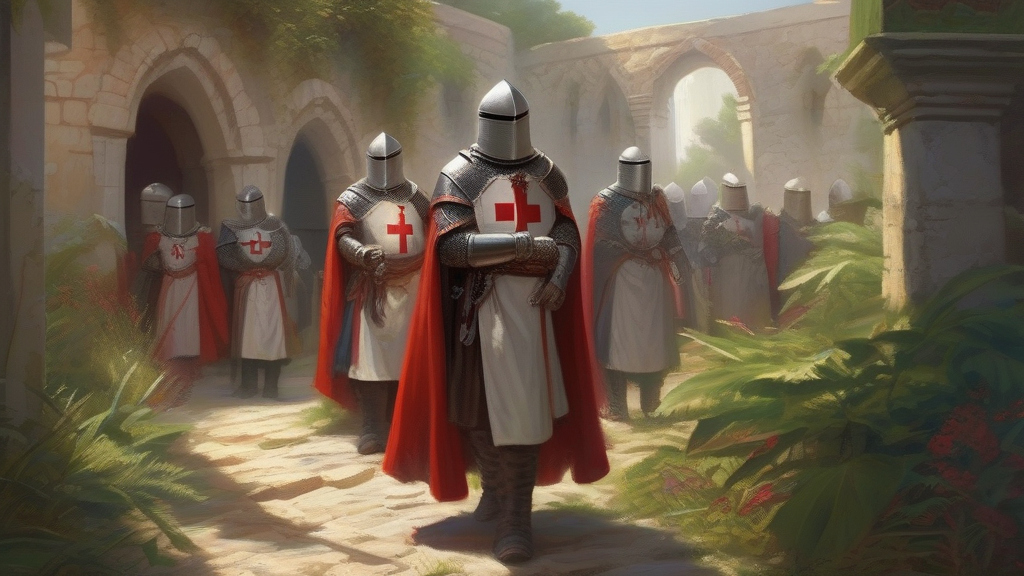
Robert Enoch Withers (1821-1907)
Physician. Freemason. Confederate military officer. Newspaperman. Politician. Statesman. Poet. Farmer. Husband. Father.
Colonel 18th Virginia Regiment of Infantry
Editor, Lynchburg Daily News
Senator of the United States of America
Member of Board of Regents of the Smithsonian Institute
Consul of the United States to Hong King
Lieutenant Governor, Commonwealth of Virginia
Grand Master, Grand Encampment of Knights Templar
Grand Master, Virginia Grand Lodge A.F.& A.M.
Grand High Priest, Grand Chapter of Virginia
Grand Commander, Grand Commandery of Virginia
Not long after sunrise Colonel Robert E Withers came across swampy ground littered with the dead of Confederate soldiers. The battle at the junction between Beavers Creek and Chickahominy River was one where men were “slaughtered by the score (Withers 184).” On the orders of Generals Longstreet and Pickett the Colonel led his men, the 18th Virginia Regiment of Infantry, into what would be known as the Battle of Gaines’s Mill. It was the afternoon of June 27, 1862. Bark was flying off surrounding trees from enemy fire. First, he was shot through the right arm. In an instant his throat and mouth were filled with blood with a shot through his right lung, the force throwing him from his horse. Moments later he was shot in the pelvis near to his spine causing paralysis of his legs. After being carried off to the field hospital, the surgeons triaged him with whisky and morphine, supposing he would die shortly. Several months later he had recovered sufficiently to ride a horse again. Thus continues the story of a most remarkable man, our 13th Grand Master of the Grand Encampment of Knights Templar.
As a young man he became a captain of a local militia known as the Brookneal Troop. With these honed military skills, he subsequently chose to enter the Confederate Army as a line officer rather than in the medical core. His battles included First Manassas, Williamsburg, Seven Pines as well as Gaines’s Mills. Due to his injuries there he was assigned as commandant of the prison post at Danville, surrendering to the Federal Army and being paroled April 21, 1865. His empathy and humane conduct towards those housed there at that post was a major reason he was not arrested and imprisoned after General Lee’s surrender, as was typical for others in his position. His life’s actions exemplified the tenets of the craft and set the stage for his leadership positions in the symbolic lodge, the chapter and commandery.
Biographical
Enoch Withers was born in Rock Castle, Virginia, September 18, 1821, to Dr. Robert Walter Withers and Susan Dabney Alexander. The first Withers came to America in the mid 1600’s and Robert is a direct descendent of Nicolas Mariau, founder of Yorktown, and a distant relative of Worshipful Brother George Washington. His young life was filled with hunting and fishing. When recollecting over “possum hunting” he wrote, “I can hardly recall a time when I could not shoot a shotgun and learned to use the rifle before I was ten years of age (Withers 25).”
He was nurtured by his father who was a physician, and his mother who he described as a “godly woman” and as such developed temperate habits. He loved to read and memorize passages from the Bible. “I memorized the Sermon on the Mount, many Psalms, and the greater portion of St. John’s Gospel, before I was twelve years of age (Withers 53).” Being influenced by his father’s temperance, as an adult he joined the Sons of Temperance, “substituting hot coffee for liquor (Marshall).” With excellent study habits he prepared to enter the field of medicine, also following in his father’s footsteps, and graduated from the University of Virginia School of Medicine in 1841 at the age of 20. After serving as a resident physician at the Baltimore Almshouse Hospital, he practiced as a physician in the Lynchburg and subsequently Danville areas.
Freemasonry
During this time, he also began his journey as a mason. He was initiated, passed, and raised in Marshall Lodge No. 39 at Lynchburg Virginia in 1850 and 1851. From 1854-1857 he served as Worshipful Master of Mackey Lodge No. 69 at Campbell County, Virginia in a building owned by the Rustburg division of the Sons of Temperance. After moving his medical practice to Danville, Virginia, he served there as High Priest of Euclid Royal Arch Chapter No 15 and Eminent Commander of Dove Commandery No 7.
Political Life
Following the war, he recognized that he could no longer practice as a physician given his injuries and the inability to travel any distance to see patients. Through serendipity he was offered a position as editor of the newly launched Lynchburg Daily and Semi-Weekly News, a conservative newspaper. The outspoken newspaper grew to significant prominence, and with it so did its editor. By 1868 the Conservative Party in Virginia placed his name in the nomination for Governor. Although he was not elected Governor at that time, he was elected as the 11th Lieutenant Governor of Virginia in 1873 and was in office from January 1874 to March 1875. He then served as United States Senator in the Democratic Party for Virginia from 1875 to 1881.
The Grand East
He continued to focus on the craft. He was elected as Grand Master of the Grand Lodge of Virginia in 1871 and then re-elected in 1872. Coincident with this he was elected as Grand High Priest of the Grand Chapter of Virginia. His time in the line in the Grand Commandery of Virginia had been interrupted due to the American Civil War. He first entered this line as Grand Warder in 1856 and was subsequently elected Grand Commander nearly two decades later in 1875, serving in this office for three years. Only a few years after the Civil War was concluded, his character was reflected in his first Grand Commander’s address in 1876 where he stated, “Chivalric courtesy has prompted mutual forbearance, and Knightly magnanimity has engendered mutual forgiveness (1876 Proceedings 5).” His humility was evidenced by words in his final Grand Commander’s address in “The consciousness of my shortcomings is as keenly appreciated by me… (1878 Proceedings 13).” With these leadership skills and experience he was elected Grand Senior Warden of the Grand Encampment of Knights Templar in 1877 and Grand Master in 1883.
Statesman
His skills were constantly sought out by others and President Grover Cleveland appointed him as United States consul to Hong Kong in 1885 where he served until 1889. This duty kept him out of the country for much of the triennium. While away in China he was toasted as a greeting on Christmas Day, giving rise to the current custom of pledging to the Grand Master during Christmas time. The XXIII Triennial Conclave of the Grand Encampment was held in St. Louis Missouri, September 21-24, 1886. To travel to the Conclave, he departed from Hong Kong on a steamer August 10th to Yokohama and then to San Francisco. From there he traveled by train to St. Louis. The trip was marred by a typhoon and dealing with a slanderous newspaper article. Despite the devoted time and dedication to attend, in the end it was dysentery that kept him from participating in any activities other than inducting his successor elect. Given his devotion to the craft, he has been recognized as a prominent freemason in the United States in 1892 (Portrait Gallery 18).
Mary Virginia Royall
Throughout this time, he was happily married to the former Mary Virginia Royall. They met in late December 1845 and immediately “was much struck…in short it was a bad case of love at first site (Withers 105).” They married several weeks later and were together for 55 years and had 12 children together, ten living into adulthood. She was with him throughout their journey together, from those early days in medical school, when he was first initiated as Entered Apprentice and then going through the chairs and to the several Grand Easts, when he was recovering from his injuries, and time spent with their children, grand-children, and great grandchildren. From his autobiography, “For more than half a century she had held the first place in my thoughts, my esteem, and my affection…She was to me a help met in all my trials, a safe counselor in all difficulties, a loving solace in all sorrows (Withers 541).” She died from a respiratory infection in 1901.
The Undiscovered Country
Following her death, he began work on what would become 546 pages of narrative of his observations on society, war, politics, family, and freemasonry. His writings, humbly entitled Autobiography of an Octogenarian, was published in 1907, the year of his death. Robert Enoch Withers, MD passed to the celestial lodge above on September 21, 1907, and was buried next to Mary in Wytheville, Virginia. His was a life well lived, as exemplified by the final words of his autobiography.
“My race in this life is nearly run, my mission ended. Cheered and comforted by loving and affectionate children and grandchildren, enjoying the respect and esteem of valued friends, I patiently and cheerfully await that final summons, which cannot in the course of nature be much longer delayed. Hoping that “he who doeth all things well,” will, when it seemeth good, call me away to rejoin in that better land the loved ones who have gone before, I await.”
Supplemental: Masonic Resume
Name: Robert Enoch Withers
Born: 9/18/1821; Deceased: 9/21/1907
Symbolic Lodge:
Marshall Lodge No. 39, Lynchburg: Raised Master Mason 2/1/1851
Mackey Lodge No. 69, Rustburg: Worshipful Master 1854-1857
Royal Arch:
Eureka (Lynchburg) Royal Arch Chapter No. 10: Exalted November 1852
Commandery:
DeMolay Commandery No. 4 (Lynchburg): Knighted 1/25/1856
Grand East in Virginia:
Grand Master 1871 & 1872
Grand High Priest 1871 & 1872
Grand Commander 1875-1878
Grand Encampment of Knights Templar, USA
Grand Master of the Grand Encampment of Knights Templar 1883-1886
Other Appendant Bodies
Scottish Rite, 32°: Represented Grand Consistory of Virginia at Charleston, SC 1868





